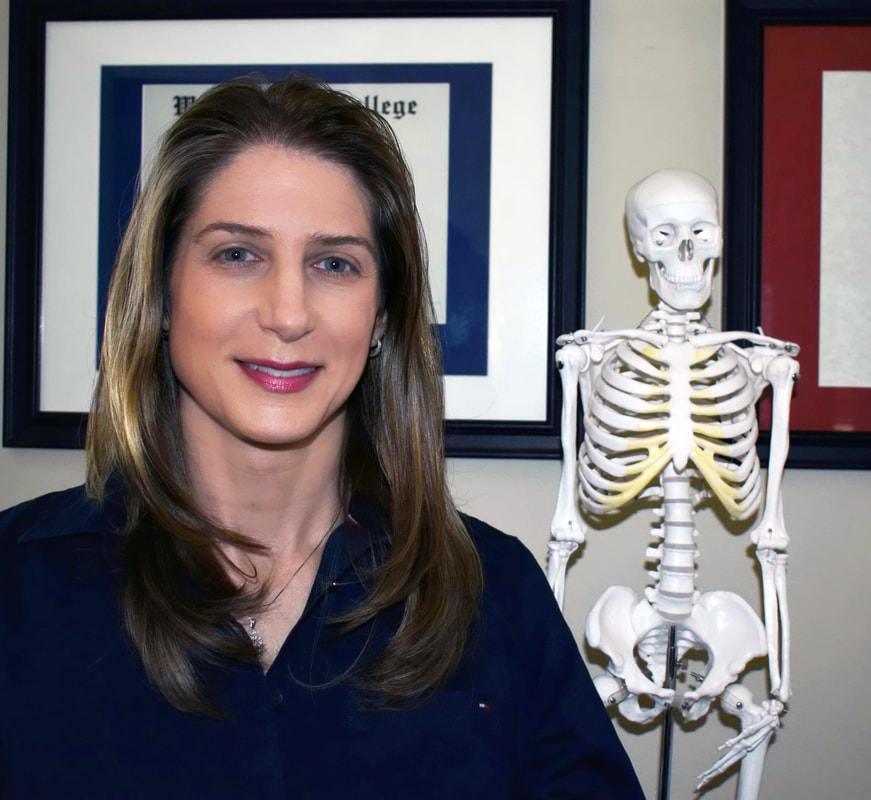Instructor: Shelley Dill, MS, CCSA
|
Holding a Bachelor of Arts Degree (BA) in Sociology with a concentration in Criminal Justice and with a Political Science minor from Westminster College in Pennsylvania in 1999. After college she worked as a Juvenile Probation Officer for seven years. During that time, she attended two Probation and Parole Academies and the Cyril H. Wecht Institute of Forensic Science and Law at Duquesne University in Pittsburgh, Pennsylvania. In 2006, she was hired as a Crime Scene Technician with the Escambia County Sheriff’s Office in Pensacola, Florida. In 2014, she attended Troy University and earned a Master of Science in Criminal Justice. As an adjunct instructor for Pensacola State College, Ms. Dill developed and instructed courses such as Advanced Crime Scene, Crime Scene Safety, Introduction to Criminalistics, Biological Evidence, Crime Scene Photography I, and Crime Scene Photography II. Ms. Dill has utilized the skills she learned over the years in the forensic field to instruct crime scene technician trainees, deputies, cadets and District One Medical Examiner Investigators on crime scene techniques and photography. She has written and co-authored numerous policies, manuals, grants and proposals for her agency. Ms. Dill has focused the last few years on photography and chemical processing techniques for fingerprint development and has been instrumental in obtaining new technology for the agency. |
ATTENDInterested in attending one of these courses? Check out our Upcoming Courses page for information on all scheduled courses.
|
HOSTYou can bring this course to your location! For more no-obligation information or to complete a hosting application, click below.
|

